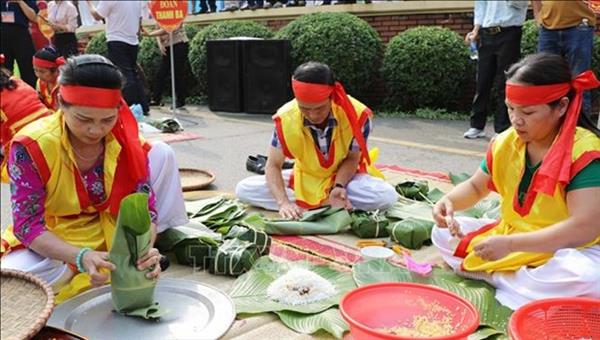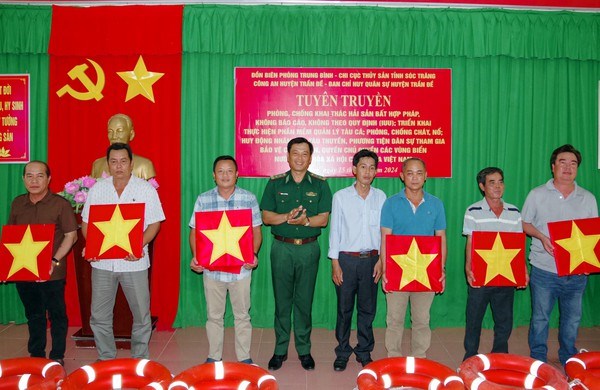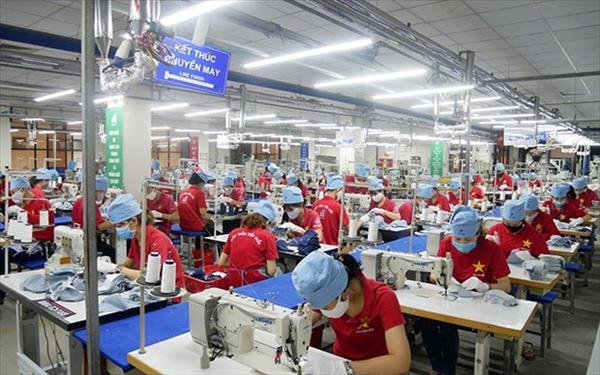Hanoi, May 24 (VNA)- Expanding cassava cultivation will increase jobs and generate higher incomes for farmers, thus contributing to socio-economic development, the Minister of Agriculture and Rural Development, Cao Duc Phat, said.
Vietnam is the world’s second largest exporter of cassava, with cassava exports in the first quarter of this year reaching 1.37 million tonnes, a year-on-year increase of 24 percent, earning the country 420 million USD, a 22.7 percent rise, according to the Ministry of Agriculture and Rural Development.
Cassava consumption is expected to increase in the near future due to an expanding market for the root vegetable, especially in China where cassava is used to produce ethanol. Vietnamese raw cassava and flour are among seven potential export products.
Vietnam currently has 551,000 hectares of land under cassava plants, mostly in the northern central region, central coastal region and south-eastern region. Cassava cultivation is possible in diverse ecological conditions and farm sizes.
However, the cassava processing industry still faces a number of challenges, including risks posed by the dependence on a single market (China, which consumes 85 percent of Vietnamese cassava exports) as well as limited domestic consumption.
The International Centre for Tropical Agriculture (CIAT) said the unsustainable development of cassava in Vietnam is based on disparities in productivity. It suggested the gap be reduced by improving sapplings and increasing the transfer of advanced technology.
Furthermore, two new diseases, broom and mealybug, are posing a threat to cassava productivity, quality and yields in Vietnam.
Le Huy Ham, the Director of the Agricultural Genetics Institute, recommended zoning off cassava cultivation areas and using high-quality strains while integrating appropriate farming techniques.
In addition, the country needs to focus on investing in processing technology for the production of bio-ethanol fuel rather than exporting raw cassava.
Vietnam is the world’s second largest exporter of cassava, with cassava exports in the first quarter of this year reaching 1.37 million tonnes, a year-on-year increase of 24 percent, earning the country 420 million USD, a 22.7 percent rise, according to the Ministry of Agriculture and Rural Development.
Cassava consumption is expected to increase in the near future due to an expanding market for the root vegetable, especially in China where cassava is used to produce ethanol. Vietnamese raw cassava and flour are among seven potential export products.
Vietnam currently has 551,000 hectares of land under cassava plants, mostly in the northern central region, central coastal region and south-eastern region. Cassava cultivation is possible in diverse ecological conditions and farm sizes.
However, the cassava processing industry still faces a number of challenges, including risks posed by the dependence on a single market (China, which consumes 85 percent of Vietnamese cassava exports) as well as limited domestic consumption.
The International Centre for Tropical Agriculture (CIAT) said the unsustainable development of cassava in Vietnam is based on disparities in productivity. It suggested the gap be reduced by improving sapplings and increasing the transfer of advanced technology.
Furthermore, two new diseases, broom and mealybug, are posing a threat to cassava productivity, quality and yields in Vietnam.
Le Huy Ham, the Director of the Agricultural Genetics Institute, recommended zoning off cassava cultivation areas and using high-quality strains while integrating appropriate farming techniques.
In addition, the country needs to focus on investing in processing technology for the production of bio-ethanol fuel rather than exporting raw cassava.
VNA/VNP
















